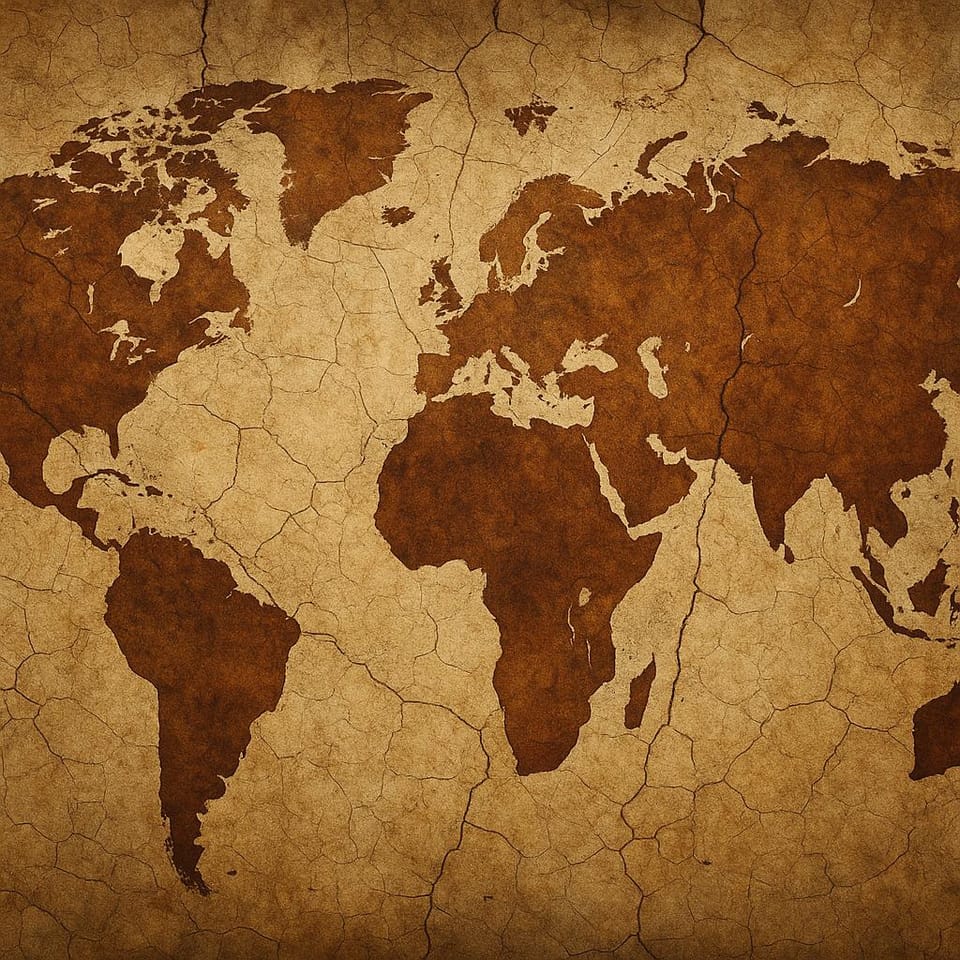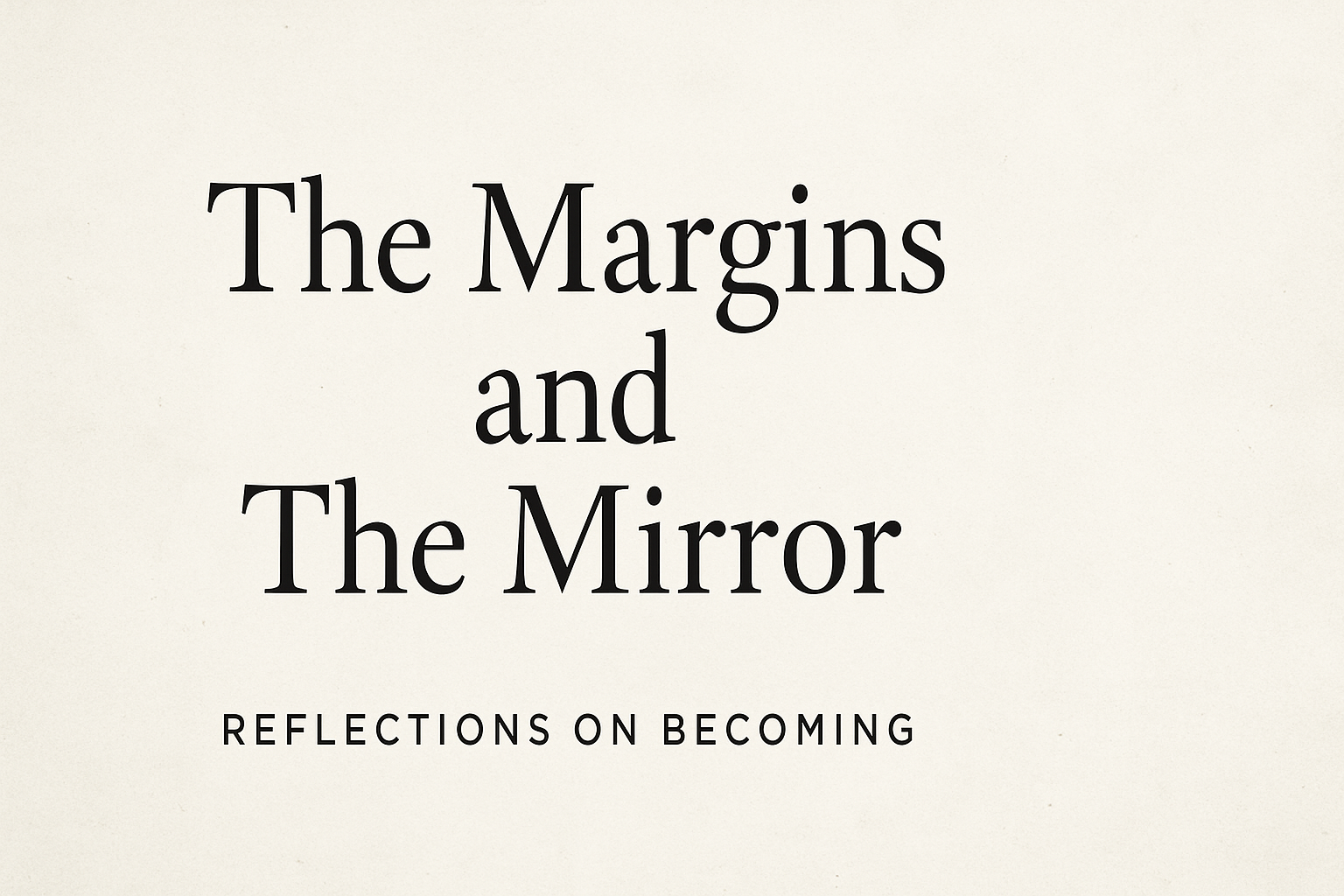When the Oppressor Cries Victim: Rewriting History to Justify Power

Why we will never build a future worth inheriting based on a past we keep rewriting
Let me begin with this: I am for humanity — not against any human. I do not believe in trading one form of domination for another, nor in oppression masked as justice. I believe in dignity, truth, and liberation for all people. But there can be no healing without history, no reconciliation without reckoning, and no freedom without truth.
While Trump coddles white South Africans of Dutch descent — rebranded over generations as “Afrikaners” — his ignorance of history and disregard for truth are, as always, on full display. As Isabel Wilkerson so powerfully illustrates in Caste, the global discontent we see today is rooted in a centuries-long European obsession with dominance. From Spain’s conquest of South America to Britain’s imperial reach from Hong Kong to the Caribbean, and Australia to South Africa, history makes one thing clear: oppression wasn’t a byproduct of empire — it was its engine.
And while the British empire was not alone in its quest for dominance, I would remiss not to point to Britain’s violent subjugation of India. The quaint ritual of afternoon tea — now treated as cultural charm — is steeped in a legacy of plunder, control, and exploitation. Tea was not just a drink but a commodity extracted through violence, birthed from colonial greed, and sustained by the brutalization of Asian labor and land. The politeness of empire was always a mask.
In Africa, the scars also run deep. During the “Scramble for Africa,” nearly 90% of the continent fell under European rule by 1914. The Dutch played their part, particularly in South Africa, where they enslaved Indigenous populations, seized land, and laid the foundation for apartheid.
To now invoke “white genocide” in South Africa — a claim with no basis in fact — as political theater is not only dishonest, it is a grotesque inversion of history. Those who upheld systems of domination are now positioning themselves as the persecuted. — A textbook example of how poer often rewrites its own legacy, casting itself as the harmed.
Slavery and colonization weren’t detours on the road to modernity — they were the road.
To deny that legacy, or to minimize the intergenerational impact of European imperialism, is to silence the suffering of millions and to green-light its repetition.
To say, “That was a long time ago” or “I had nothing to do with that” smacks of breathtaking hypocrisy — especially when the benefits of empire, colonization, and systemic subjugation are still hoarded, defended, and passed down like heirlooms. This is the thinnest veil of plausible deniability used to shield white grievance politics from accountability.
It is the strongest evidence yet that privilege — whether inherited, stolen, or simply left unexamined — is often guarded with more fervor than truth. And when history is challenged, grievance becomes a weapon.
What we are witnessing isn’t a defense of freedom or fairness. It’s a last-ditch effort to preserve a hierarchy built on domination. And to that we must say: not again, not unchallenged, and not in silence.
To be clear, I am not advocating for the oppression of white Afrikaners — or anyone. Liberation is not a zero-sum game. I believe in the dignity and freedom of all people, everywhere. But we cannot arrive at true liberation through lies. Without truth and reconciliation, without a collective reckoning with history, we are doomed to recycle fear, mythology, and revisionist narratives that only deepen division. Justice cannot grow where denial is rooted.
And what of America itself? The very nation born from revolt against the British Empire — framed as a fight for liberty and self-determination — quickly replicated the same systems of domination it claimed to oppose. The framers who denounced monarchy turned around and slaughtered Indigenous peoples across North America, from the Eastern Seaboard to what is now Texas and beyond. They enslaved Africans and expanded their hold through violent land grabs, all under the banner of “manifest destiny.” In truth, they didn’t reject empire — they simply rebranded it in their own image.
And to elaborate on the work of Nikole Hannah-Jones, Isabel Wilkerson, and Ibram X. Kendi — these truths are not just uncomfortable. They are foundational. They are the origin of our long-held discontent.
We cannot repair what we refuse to confront. We cannot reconcile what we refuse to remember. And we cannot build a future worth inheriting on a past we keep rewriting.
This is the unseasoned truth. Bitter, but also curative when taken.
The world doesn’t need another myth. It needs the courage to tell the truth.
📬 Stay connected. Stay informed.
This is part of the Unseasoned Truth series. To receive future reflections, subscribe to The Margins and The Mirror or join The Citizens' Project 2025—a movement to reclaim democracy through truth.
If this reflection stirred something in you — anger, clarity, discomfort, or resolve — don’t let it end here- lean in. Subscribe to The Margins and The Mirror for more essays that confront history, challenge power, and call us to truth.
And if you’re ready to move from reflection to action, join us at
The Citizens’ Project 2025 — where everyday people are reclaiming democracy, one truth at a time.
Follow along:
@robinwrites2025 | @thecitizensproject2025

